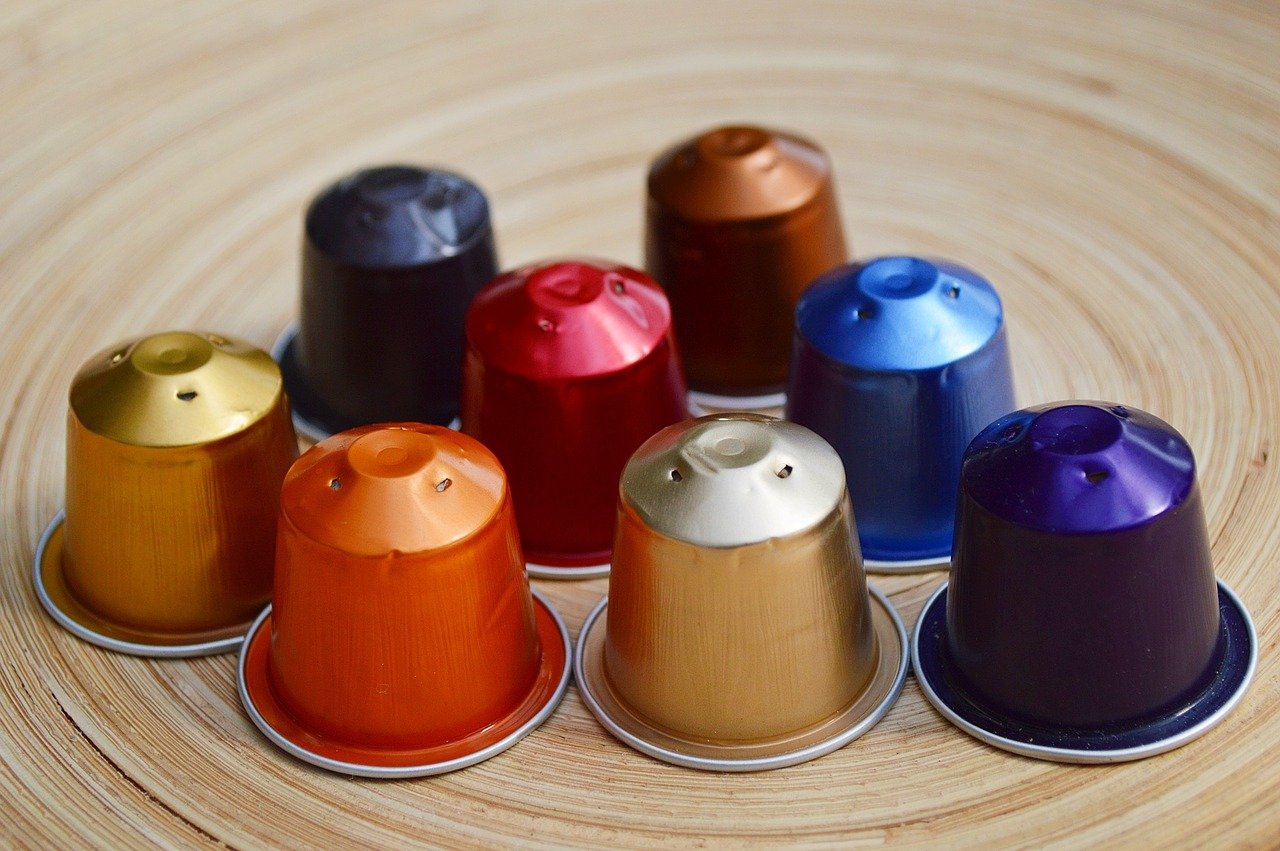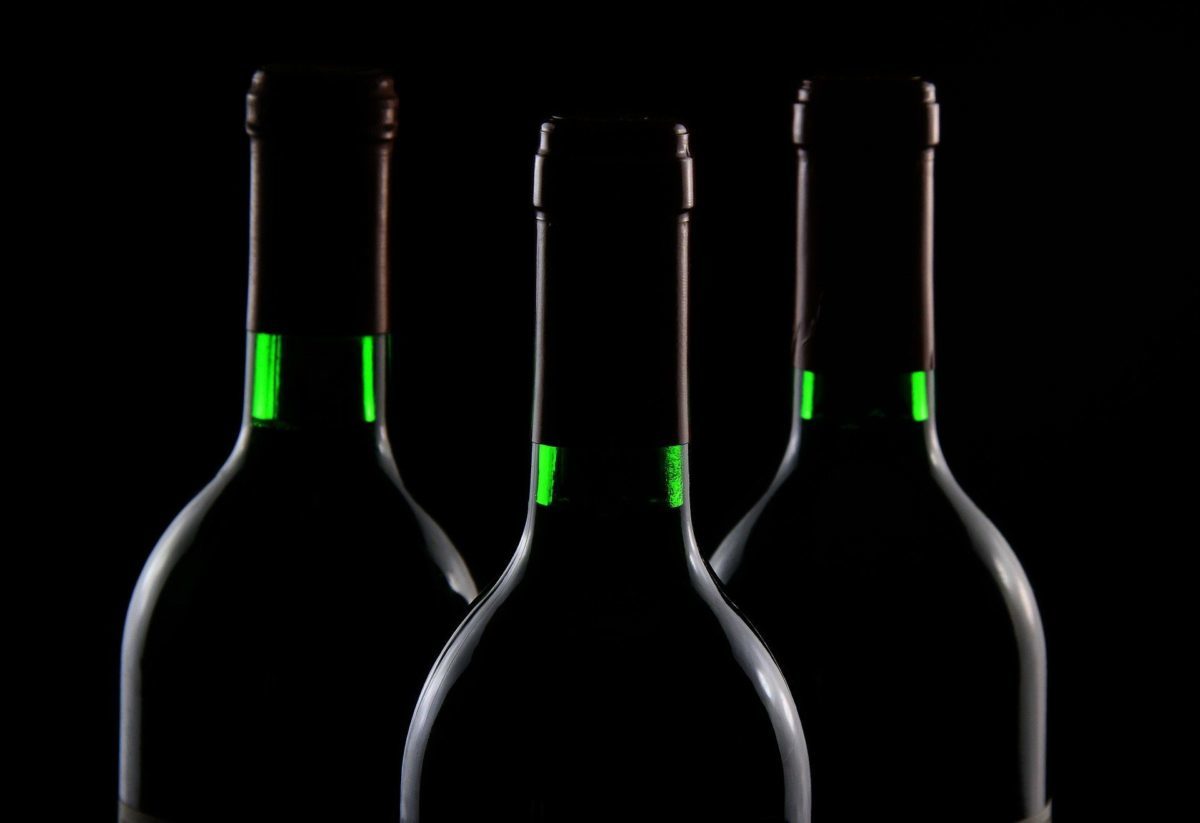All the coffee capsules they have among us more than 30 years. Specifically, from 1986 when the Swiss multinational Nestlé brought to market the new division of his later empire: Nespresso. His success was based, above all, on Europe. Years later, in 1990, who ended up winning over American consumers was Keurig, a mark of single use coffee capsules. The Canadian division of this company, however, faces a million-dollar fine for the use of phrases false or misleading in relation to the recyclability their capsules Keep reading!
Consumer concern for the environment
Perhaps not twenty years ago, but today consumers try to acquire eco-friendly shopping habits. There are many companies that have improved their production processes making them more sustainable. They have invested research and money. And because? Basically their own studies reflect the growing consumer interest in caring for the planet. When a person goes to buy, he includes in his Selection criteria la sustainability. Unfortunately, there are companies that brag about their environmental actions, but then leave much to be desired in their production chain.
See this post on Instagram
Of course, it is a great element to emphasize to increase sales, but always from the truth. In the case of Keurig they used the recyclability of its capsules as a claim, however, the Competition Office has challenged his claims. As we will explain later, it turns out that they have been classified as false or misleading.
We must realize the relevance of the messages launched by this type of giant, since love Lóleo You have the right to know everything related to the product you are selling. And besides, his confidence in a serious and sincere company would only need a second to vanish. Let's see what has happened to Keurig Canada and its coffee capsules.
Millionaire fine for Keurig Canada
La Canadian Competition Bureau has reached an agreement with Keurig Canada "to resolve concerns about false or misleading environmental claims made to consumers about the recyclability of its single-use Keurig® K-Cup® pods." This agreement includes paid of a fine de 3 million dollars, a donation of U.S. dollar 800.000 to Environmental NGO y U.S. dollar 85.000 to Competition Office for the cost of the investigation. They have also had to communicate their error to their clients through their web page and social networks.
See this post on Instagram
Company coffee capsules assured its consumers that the capsules could be recycled. However, there are municipalities where municipal recycling systems do not accept these methods. Nonetheless, Keurig do not notify your customers of this situation. In addition, the process to recycle these capsules is laborious. Therefore, it squeaks with one of the main attractions of this product: the comfort.
Brianda k cups, you have to wait for the capsule to cool down, separate the aluminum lid (which goes in the trash), throw away the remains of coffee or tea inside, remove the filter, wash the plastic capsule and, then yes, throw it into the recycling bin. elDiario.es
Keurig you did not communicate all of these steps to your customers. Without this process, whatever the municipality, the coffee capsules are considered waste and end up in dump. As explained by the researcher, Calvin Lakhan for the University of York en Toronto. It states that the vast majority of plastic capsules will never be recycled, but instead 99% of cases would end up in a landfill.
What price are we willing to pay for coffee capsules?
Despite the comfort or the desired lifestyle sold by companies like Nespresso We must ask ourselves "What price are we willing to pay?«. The coffee capsules they pose a serious threat to the environment and therefore also to us and future generations. According to data from OXFAM Intermon a year we throw 7000 billion coffee capsules, what translates into 13.500 by minute. All these packages take between 100 and 500 years to biodegrade Is it really worth it?







